This Week in Washington IP: Risks and Benefits of a U.S. Central Bank Digital Currency, Supporting the Technology Modernization Fund, and Reviewing the Planetary Science and Astrobiology Decadal Survey
IP Watchdog
MAY 23, 2022
Elsewhere, the Information Technology & Innovation Foundation debates the potential impacts of a regulatory framework for AI technologies being drafted by the European Commission, while the Heritage Foundation looks at how the characteristics of Bitcoin intersect with American values.


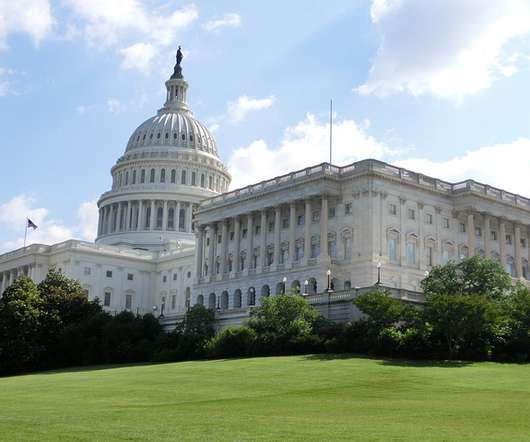


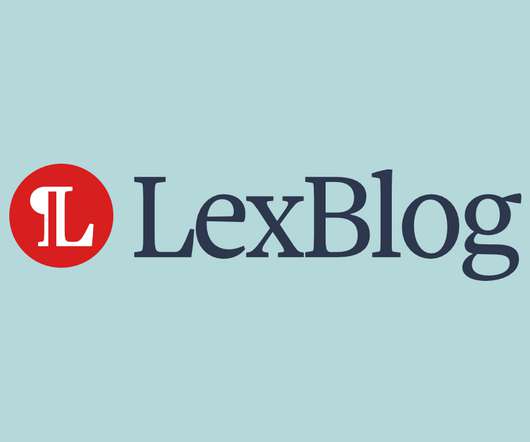
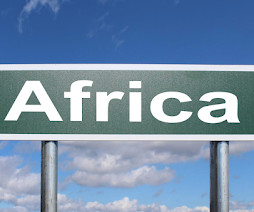


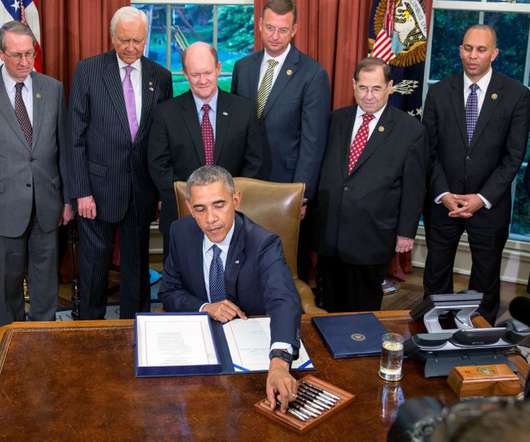

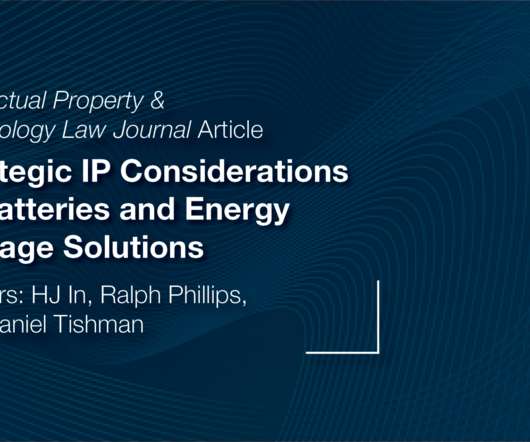






Let's personalize your content